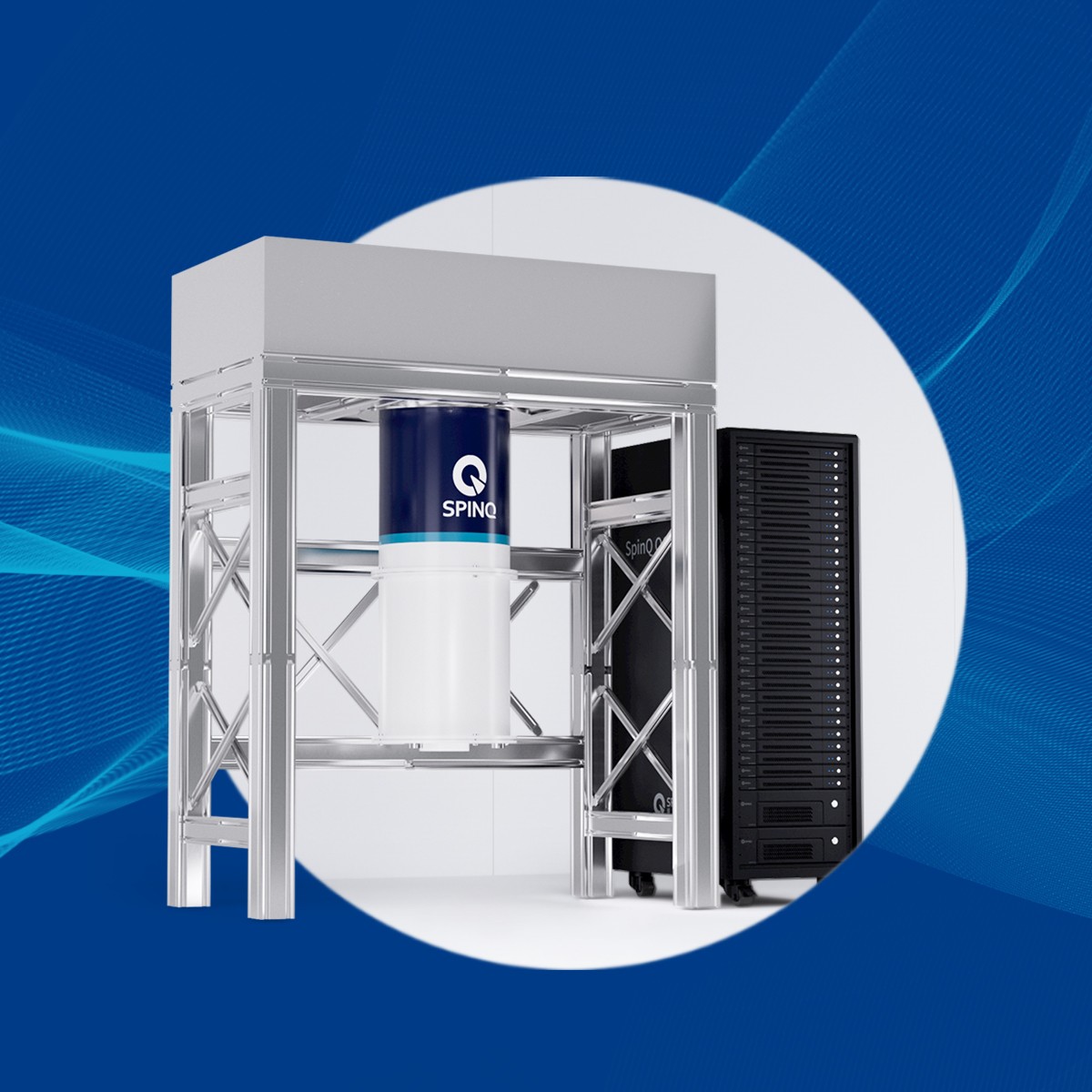Unlocking New Possibilities in Healthcare with Quantum Computing
2025.11.14 · Blog Quantum Healthcare
Introduction:
The healthcare industry is constantly evolving, with advancements in technology playing a crucial role in improving patient outcomes and operational efficiency. One of the most exciting frontiers in healthcare innovation is quantum computing. By harnessing the power of quantum mechanics, this technology promises to solve some of the most complex challenges in healthcare, from accelerating drug discovery to enhancing diagnostic tools and personalized treatment plans.
What is Quantum Computing in Healthcare?
Quantum computing leverages the principles of quantum mechanics, which govern the behavior of particles at a subatomic level. Unlike classical computers, which process data in binary form (0s and 1s), quantum computers use quantum bits (qubits) that can exist in multiple states simultaneously. This allows quantum computers to perform calculations at an exponentially faster rate, enabling them to solve problems that are too complex for traditional computing systems.
For healthcare, this means quantum computing can handle vast amounts of data, simulate molecular structures, and optimize complex algorithms—tasks that could significantly enhance medical research, diagnostics, and treatment strategies.
Key Applications of Quantum Computing in Healthcare
Drug Discovery and Development: One of the most promising applications of quantum computing in healthcare is its potential to revolutionize drug discovery. The process of identifying new drug candidates is notoriously time-consuming and expensive. Quantum computers can simulate molecular interactions with incredible precision, allowing researchers to predict how different compounds will interact with the body. This can speed up the process of discovering new drugs, potentially leading to faster treatments for a variety of diseases.
Personalized Medicine: Quantum computing can help tailor treatments to individual patients by analyzing vast amounts of genetic, clinical, and lifestyle data. With quantum-powered algorithms, healthcare providers can create highly personalized treatment plans that optimize the effectiveness of drugs and therapies based on a patient's unique genetic makeup and health history. This shift toward precision medicine could drastically improve outcomes and reduce side effects.
Medical Imaging and Diagnostics: Quantum computing can enhance medical imaging technologies, such as MRI and CT scans, by enabling more accurate and detailed imaging. Quantum algorithms can process and analyze complex medical data, allowing for earlier detection of diseases like cancer and neurological disorders. This can lead to more timely interventions, improving survival rates and reducing healthcare costs.
Genomic Data Analysis: The analysis of genomic data is another area where quantum computing can make a significant impact. The human genome is incredibly complex, and analyzing it using traditional computing methods can take a long time. Quantum computers can process and analyze large genomic datasets much faster, providing insights into genetic disorders, disease susceptibility, and potential treatments in a fraction of the time.
Optimization of Healthcare Operations: Beyond direct medical applications, quantum computing can also improve healthcare system operations. For example, quantum algorithms can optimize hospital resource management, such as bed availability, staffing, and supply chain logistics. This can lead to more efficient healthcare delivery, reducing wait times and improving overall patient satisfaction.
Benefits of Quantum Healthcare Solutions
Speed and Efficiency: Quantum computers can perform complex calculations much faster than classical computers, accelerating research and medical processes.
Improved Accuracy: Quantum algorithms allow for more precise simulations, leading to better predictions in drug development, diagnostics, and treatment planning.
Cost Savings: By streamlining drug discovery, optimizing operations, and improving diagnostics, quantum computing has the potential to reduce healthcare costs and improve resource utilization.
Enhanced Innovation: With the ability to simulate molecular interactions and optimize healthcare systems, quantum computing opens up new possibilities for innovation in medical treatments and therapies.
Challenges and Considerations
While the potential of quantum healthcare is immense, there are still challenges to overcome:
Technology Maturity: Quantum computing is still in its early stages of development, and it may take several years before it becomes widely accessible and fully integrated into healthcare practices.
Expertise and Training: The complexity of quantum computing requires specialized knowledge, and healthcare professionals will need training to effectively leverage quantum solutions in medical research and patient care.
Data Privacy and Security: Quantum computing’s ability to process vast amounts of data raises concerns about data privacy and security. Ensuring the protection of sensitive patient information is crucial as quantum technologies are adopted in healthcare.
Conclusion:
Quantum computing is set to play a pivotal role in the future of healthcare, from accelerating drug discovery to enhancing personalized medicine and improving diagnostic tools. While there are still challenges to address, the potential benefits of quantum healthcare are vast, offering a future where medical treatments are more efficient, precise, and accessible to all.
Featured Content







